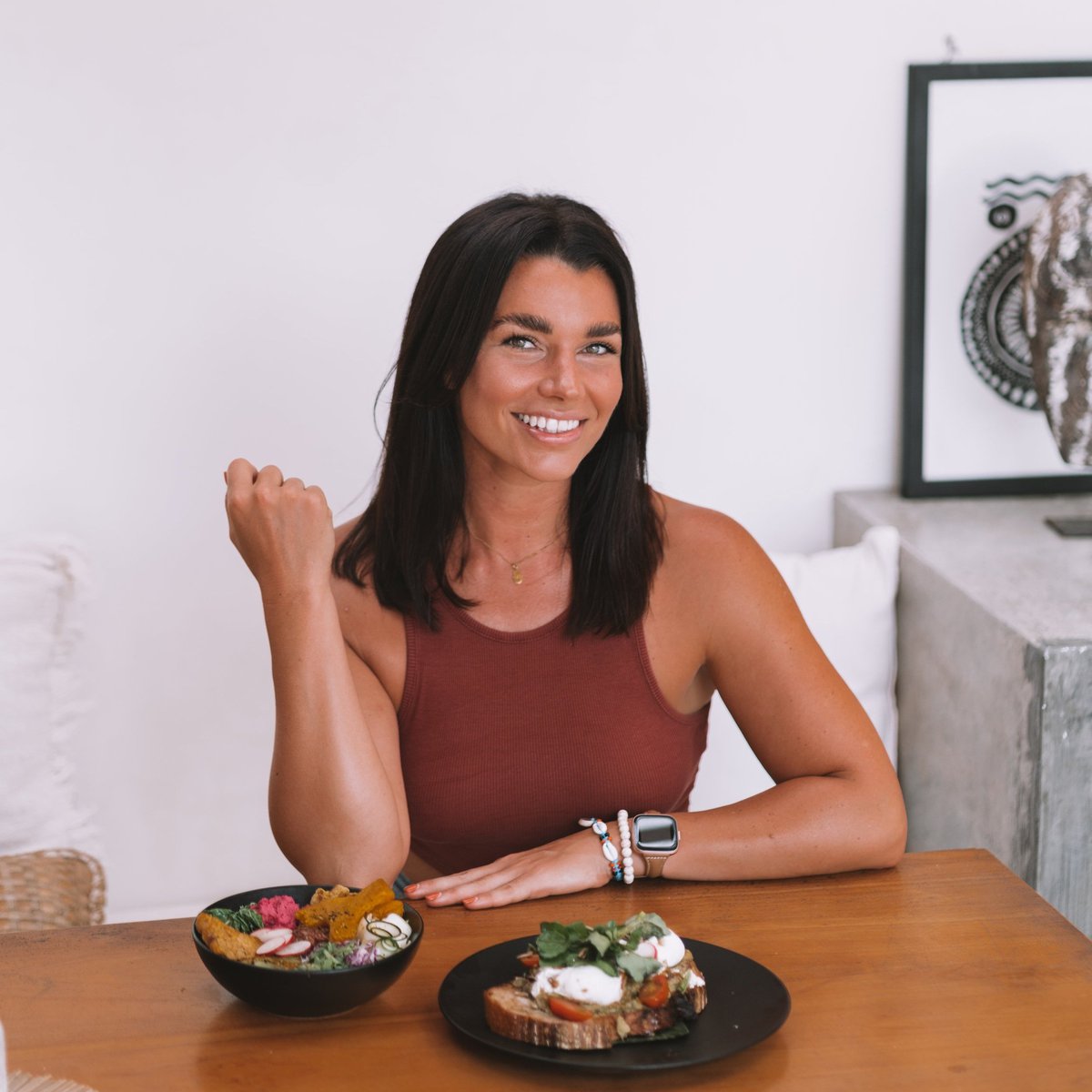With many health and diet trends being shared in the media, it’s tough to know what we should be eating. This a minefield that nutrition coach Charlie Baxter is on a mission to help women navigate. Here she shares her opinions on a range of topics related to nutrition and ditching faddy diets
On diet culture…
Diet culture demonises certain foods and food groups and creates fear around eating them which can contribute to disordered eating. We’ve all heard things such as ‘carbs make you fat’ and ‘don’t eat burgers, chips or chocolate bars if you want to lose weight’.
No one food or food group is responsible for weight gain; it’s all in the calorie balance. Weight loss comes from being in a calorie deficit, which is consuming fewer calories than our bodies are using. So we shouldn’t be scared about eating any foods. They all have a place in our diet and weight loss doesn’t mean over-restriction and cutting out your favourite things.
On feeling more confident…
I used to have an unhealthy relationship with food. I tried every fad diet under the sun and felt so frustrated with weight loss.
Then I went through my own journey of overcoming this and I realised there was a way I could live and trust food: by understanding how to nourish and support my body with ease and not obsessing over what I ate. When you do this, healthy weight loss becomes so much easier.
On the language we use around food…
The language we use around food is so powerful and has an impact on our relationship with it. We must be mindful of what we’re saying about food, in the same way as we should be mindful about how we talk about ourselves.
On good and bad food…
The easiest way to improve our relationship with food is to stop seeing foods as ‘good’ and bad’. Because when we eat something we consider as ‘bad’, we feel guilty and regret eating it, and it perpetuates this negative relationship with food.
Foods don’t have a moral value. Instead, start to see foods as either more nutritious or less nutritious. That’s all they are! Not everything you eat has to be nutritious, that’s important to remember, too, and again, helps you not feel guilty when you enjoy a pizza or dessert over the weekend.
On the 80/20 rule…
Aim for 80 per cent of your diet to be nutrient-dense foods, then 20 per cent of the time you can enjoy the less nutritious, fun foods, or ‘soul foods’ as I like to call them. Food not only nourishes our bodies, but also our souls. It’s all in the balance of the diet and all foods have a place. This will help on your journey to food freedom.
On enjoying mealtimes more mindfully
We’ve all been there when we’ve been eating and not paying attention, then looked down and it’s all gone and you hadn’t even realised you’ve eaten the whole thing! So, this is about creating more mindfulness and presence when you’re eating. Block out distractions, put away screens and eat slower.
Before you start, take a few slow breaths to bring yourself back to your body and be more in the moment. This is especially important when we’re quickly eating food at our desks at work!
Chew slowly. Really notice the tastes, textures and flavours.
On creating healthy habits around nutrition
Start with micro habits - small habits and goals that you can stick to and achieve. Often we try to take on too much and then aren’t able to stick to it, so we give up and feel like a failure, which leaves room for negative self-talk to slip in.
So instead, make small changes. Once they’re integrated into your routine, add something else in and keep improving from there.
Focus on eating balanced meals. Get protein in with each meal which helps with satiety, lots of veggies and fruit for adding fibre and volume to your meals, carbs for energy and don’t forget the healthy fats for our hormone health.
Follow Charlie on Instagram for more.

